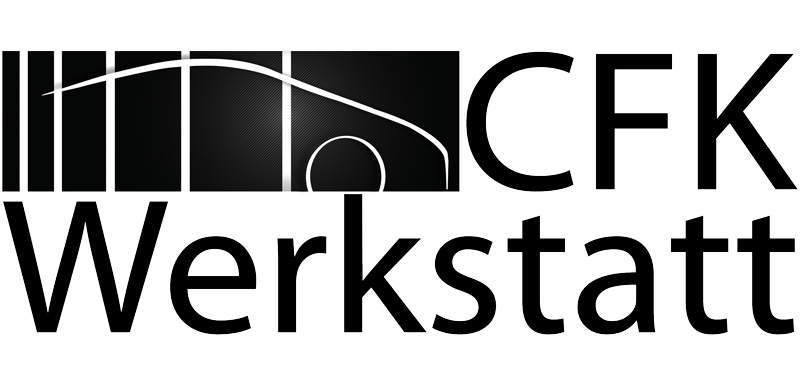CFRP repair shop
Interactive repair shop of the future for CFRP based electric vehicles
To reduce the emissions of a vehicle lightweight design plays a central role. In this context, fiber reinforced plastics (FRP) show a high potential due to their outstanding weight-specific mechanical properties and because of the possibility to use new, functionally integrated constructions. Today FRP are applied in growing quantities, for example in the vehicle body of the BMW i3. Therefore, the maintenance and the repair of FRP also gain in importance. To ensure the customer acceptance for the material, a nationwide repair infrastructure is necessary. Especially repair shops of small and medium-sized enterprises (SME) normally neither provide the technical possibilities nor the relevant know-how for this purpose. This issue is addressed by the vehicle manufacturers using an individual, manufacturer specific infrastructure. However, the flexibility and area coverage of this approach is limited.
The overall project aim is to provide basics in process, system and information technologies to establish an innovative, decentralized infrastructure for damage detection, damage evaluation and economic repair processes for FRP.
The damage detection is the first decisive step within the repair process of vehicles. One objective of this project is the provision of a system for damage detection and classification suitable for repair shops. The system contains a 3D geometry detection, several different CFRP test sensors (ultrasonic, thermographic etc., to detect all kinds of defects), an automated software to merge all sensor data (data fusion) as well as an automated evaluation and defect classification. Moreover, a so-called whole data model, allowing a damage evaluation by numerical simulation and an automated repair, is provided.
Another objective is the provision of methods for a cost-effective, mechanical evaluation of damages and for an efficient design of FRP repair concepts. These methods are based on investigations regarding the mechanical behavior of undamaged and damaged FRP as well as on derived simulation models. By fusion of sensor data from damaged FRP components it is possible to perform the damage evaluation and to determine the scope of the repair. The storage of successfully performed repair processes in a central repair database is the basis of a self-learning system to standardise repair processes and of a further cost reduction.
In addition new production and joining processes will be developed. The production processes should be used in central production facilities to manufacture repair patches, which are intended for the repair of damaged FRP components. Production processes for thermoplastic and thermosetting FRP as well as for hybrid and metallic structures should be developed further or developed new. The production processes have to be flexible enough to enable a production of suitable repair patches for various damaged areas and therefore various geometries. Furthermore, in this project joining processes will be developed, that allow a high quality connection between the repair patch and the damaged FRP component. Thereby it is necessary, that these joining processes are applicable in SME-repair shops and that the repaired components reach the same mechanical properties as an undamaged original component.
Finally, a demonstrator will be used for the validation process, where the whole procedure of damage analysis and evaluation as well as selection, design and implementation of the repair process is exemplarily performed.

Contact
Thomas Lennartz M.Sc.
Head of Vehicle Concepts & HMI
+49 241 80-25687
Email
Project duration
06/2015 – 05/2018
Project partner
ika, IKV, WZL, ISF, IBF, MMI, FIR
Supported by
![[Logo: BM Wirtschaft und Klimaschutz]](/images/foerderer/bmwk-en.svg)
Service
Cooperations
Address
Institute for Automotive Engineering
RWTH Aachen University
Steinbachstraße 7
52074 Aachen · Germany


![[Logo: Institute for Automotive Engineering (ika)]](https://ika.rwth-aachen.de/images/ika-logo-a-blau-blau-rgb.svg)